
The primary purpose of distinguishing between capital expenditures (CapEx) and operating expenditures (OpEx) in accounting is to allocate costs and determine how they impact financial statements and taxes. Typically, the purchase of a palletiser is considered a capital expenditure (CapEx) rather than an operating expenditure (OpEx) because it involves a significant upfront investment in a long-lasting asset that will provide value to the business over an extended period. CapEx is usually capitalized on the balance sheet and depreciated over its useful life.
However, there are scenarios where a palletiser’s purchase could potentially be treated as an OpEx depending on your specific accounting practices and circumstances. Here are a few considerations:
- Operating Leases: If you acquire the palletiser through an operating lease, the lease payments are typically treated as operating expenses (OpEx) rather than capitalizing the asset. In this case, the palletiser is not recognized as an asset on the balance sheet, and the lease payments are expensed as incurred.
- Service Contracts: Some palletiser vendors may offer bundled packages that include not only the equipment itself but also ongoing maintenance and service. In such cases, the entire package cost, including equipment and services, may be treated as an OpEx. This approach would be more common in situations where the service component is substantial, and it’s challenging to separate the equipment cost from the services provided.
- Accounting Policies: Your company’s accounting policies and practices, as well as applicable accounting standards, may influence how you classify the purchase. Some companies may have more flexibility in classifying certain expenditures as OpEx based on their internal accounting policies.
- Tax Considerations: Depending on local tax regulations and incentives, there may be instances where it makes sense to classify a palletiser purchase as OpEx for tax purposes. However, this would typically require consultation with tax professionals and may not align with standard accounting principles.
It’s crucial to work closely with your finance and accounting teams, as well as consult with accounting experts or auditors, if necessary, to determine the most appropriate treatment of a palletiser purchase based on your specific situation and accounting guidelines. Keep in mind that how you classify the expenditure can have implications for financial reporting, tax treatment, and financial ratios, so it should be done in accordance with relevant accounting standards and legal requirements.
In summary, while the acquisition of a palletiser is typically considered to be a capital expenditure, by leasing a palletiser, it can then become an operational expenditure which brings with it certain tax advantages. The specific treatment may vary depending on your financial and accounting practices.
If you would like to know more about palletiser leasing, please contact us on 01223 499488 or helpline@granta-automation.co.uk. Or follow this link to read more about palletiser leasing and payback. https://www.granta-automation.co.uk/about-granta/service-and-support/palletiser-leasing


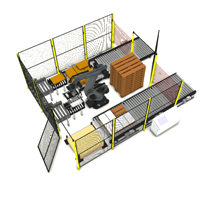
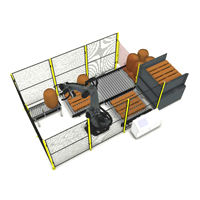
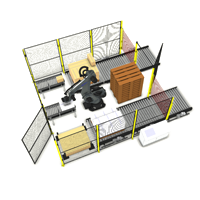
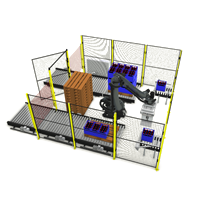
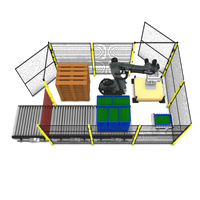

Warning: Undefined variable $aria_req in /var/www/granta-automation.co.uk/news/wp-content/themes/twentyten/comments.php on line 81
Warning: Undefined variable $aria_req in /var/www/granta-automation.co.uk/news/wp-content/themes/twentyten/comments.php on line 86